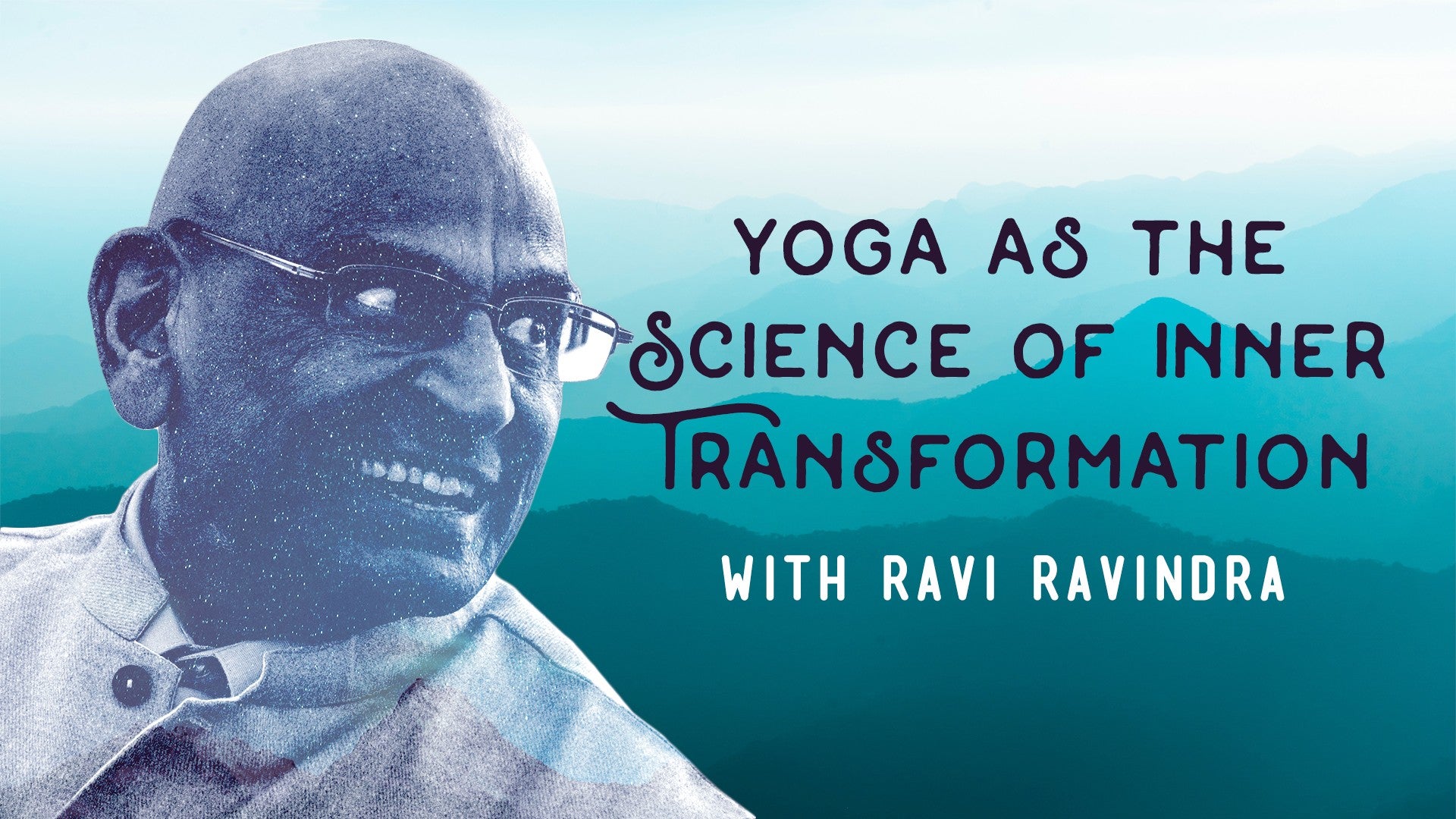Description
About This Video
Transcript
Read Full Transcript
From any, generally, really what the sages would say, that you cannot actually, that our soul cannot, in fact, be at rest. This is actually a remark of St. Augustine. Our soul cannot be at rest until it is stayed in God, that it is really the very nature of our, or the very quality of our spiritual nature, that it wishes to return home. So, if I can nourish it, if I can allow my animal nature to assist that, rather than to interfere with it, then it allows the soul to rise, or to develop, or to come to a higher level, eventually to God. Now, the word God can equally be replaced, and in many situations, or many teachings, it is replaced by the word truth, if you like, with a capital T, or by the word love, with a capital L, or by beauty. There is always this suggestion that truth, love and beauty, generally, are not to be separated from each other. In fact, as a general remark, let me mention it, if I were to say that the Buddha was very wise, he was enlightened, but he was not compassionate, there will be an oxymoron. One needs to understand that love or compassion, sometimes the word compassion is used, sometimes the word mercy. For example, Muslims will generally say, Allah the merciful, and the Buddhists will generally say, Buddha the compassionate.
So there are two or three words which are very, not exactly the same, but very intimately connected with each other. Love, compassion, mercy, that these are the natural associations, or the natural, sometimes one would even say, byproducts of coming to any kind of wisdom, coming to any kind of a great truth. So, what is the purpose of this transformation? Why should one be so bothering about it? The call is to connect with the truth, or with love, or compassion. That is what will really satisfy our soul, that none of these other worldly goods or achievements are ultimately going to satisfy. Now, one does not need to take this easily, one needs to really examine this within oneself. Of course, historically, we can see many very successful people, successful in business, or in philosophy, or in the academic world, but not feeling somehow very satisfied.
So, I think, and then I have heard many people who knew Einstein personally, actually one of my own mentors, Dr. Welch was at one time his physician, they have said that Einstein was the most spiritual person they ever met. Not religious in any denominational sense, but interested in and drawn to something very subtle. Something which is not against the mind, or against rationality, but is not captured by it. A lovely remark of Einstein, unless one is struck by the miraculous, life is not worth living. And then at one stage he says, human beings, vegetables and cosmic dust. We are all dancing to the tune of an invisible piper. So, you see, great scientists, great philosophers are often aware of this, not necessarily that they undertake the same kind of discipline as is often taken by great sages in the spiritual traditions. For example, the Buddha leaves his family, leaves his kingdom, everything. And in fact, then he first of all studies with great philosophers, two well-known philosophers, but not satisfied. And then he is working with many fellow Sartre so aesthetically, in India it is said that he could see his backbone from the front.
He was so emaciated. But even that was not sufficient. Then he undertakes very serious meditation. So, the reason I am saying is that that kind of thing, of course, these days is not undertaken by many of our successful scientists or business people. But even many of them, actually, certainly occasionally one hears. A very successful businessman gives it all up and is not convinced that this is it. But sometimes it is also important for us to realize, animal nature also has its place naturally. If it is going to be even serving the spiritual nature, it needs to have appropriate health, appropriate food.
So, sometimes many of these people have done quite well, if you like, materially, which therefore allows them the freedom. So, therefore, not to be against the animal nature, but to find its proper place. Is it serving itself? Which is what we usually say when we say, well, this is a very standard idea in the spiritual traditions, that transformation which is required is freedom not for myself, but from myself. And that myself is usually what I think is my identity, namely my body, my mind, my feelings. And which is why we have this classical remark of Christ, for example, this is in the Gospel of Matthew.
Unless you leave yourself behind, you cannot be a follower of mine. Every teacher would tell you this. The language varies a little bit. Sometimes they say you have to die to the world, or die to your usual self in order to find the real man, or the new man. The Gospels themselves have varieties of expression, but similarly, of course, in Hinduism, Buddhism, they all become religions and basically go down the drain, really, essentially. At their serious levels, all the great sages in these traditions undertook the appropriate discipline or the appropriate yoga to be transformed. Which simply really means, or largely means, that their animal nature, which is basically to say their body and mind, is in the service of their spiritual nature, rather than in opposition to it.
Yoga as the Science of Inner Transformation: What is transformation?
Comments
You need to be a subscriber to post a comment.
Please Log In or Create an Account to start your free trial.








